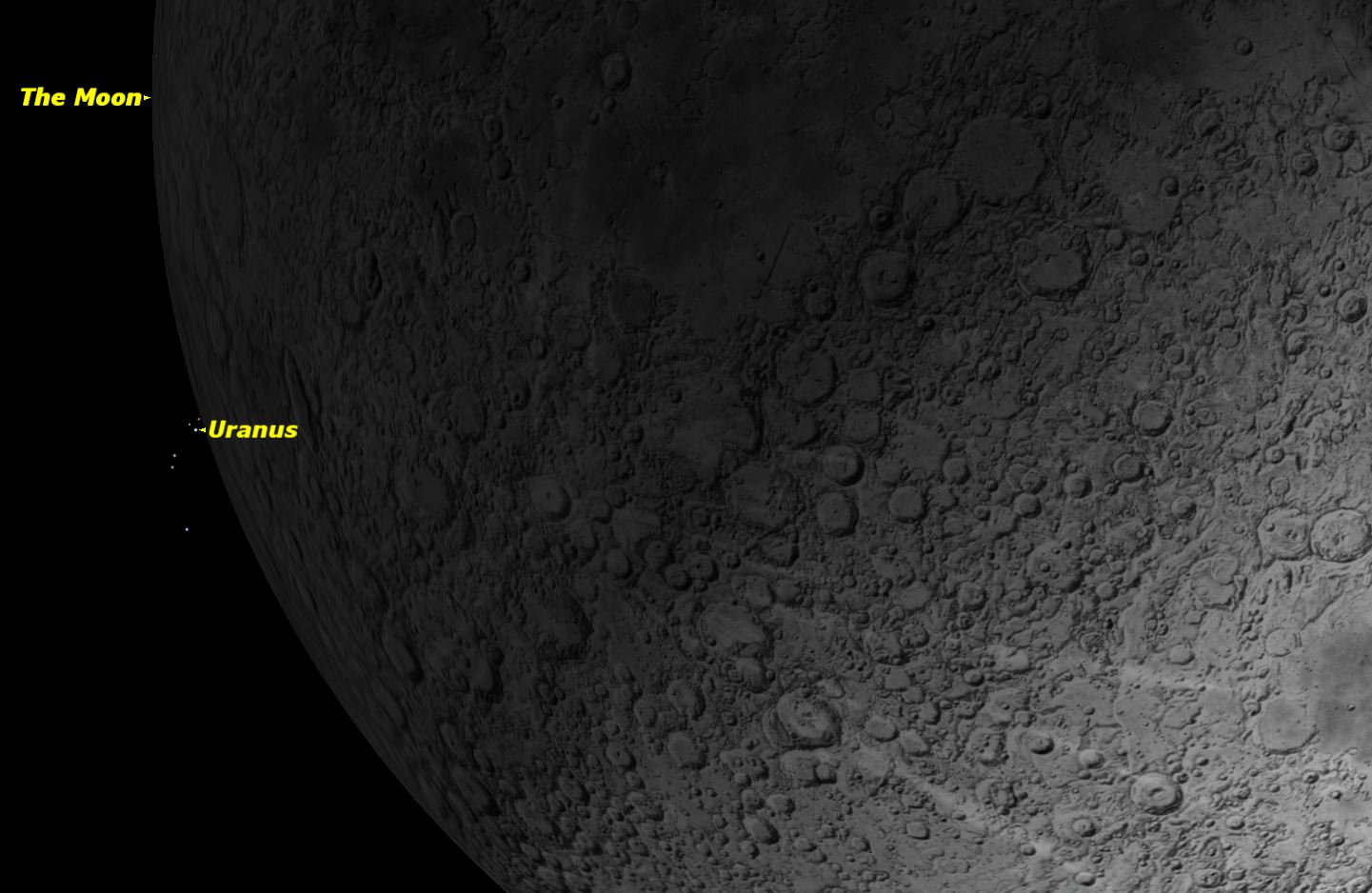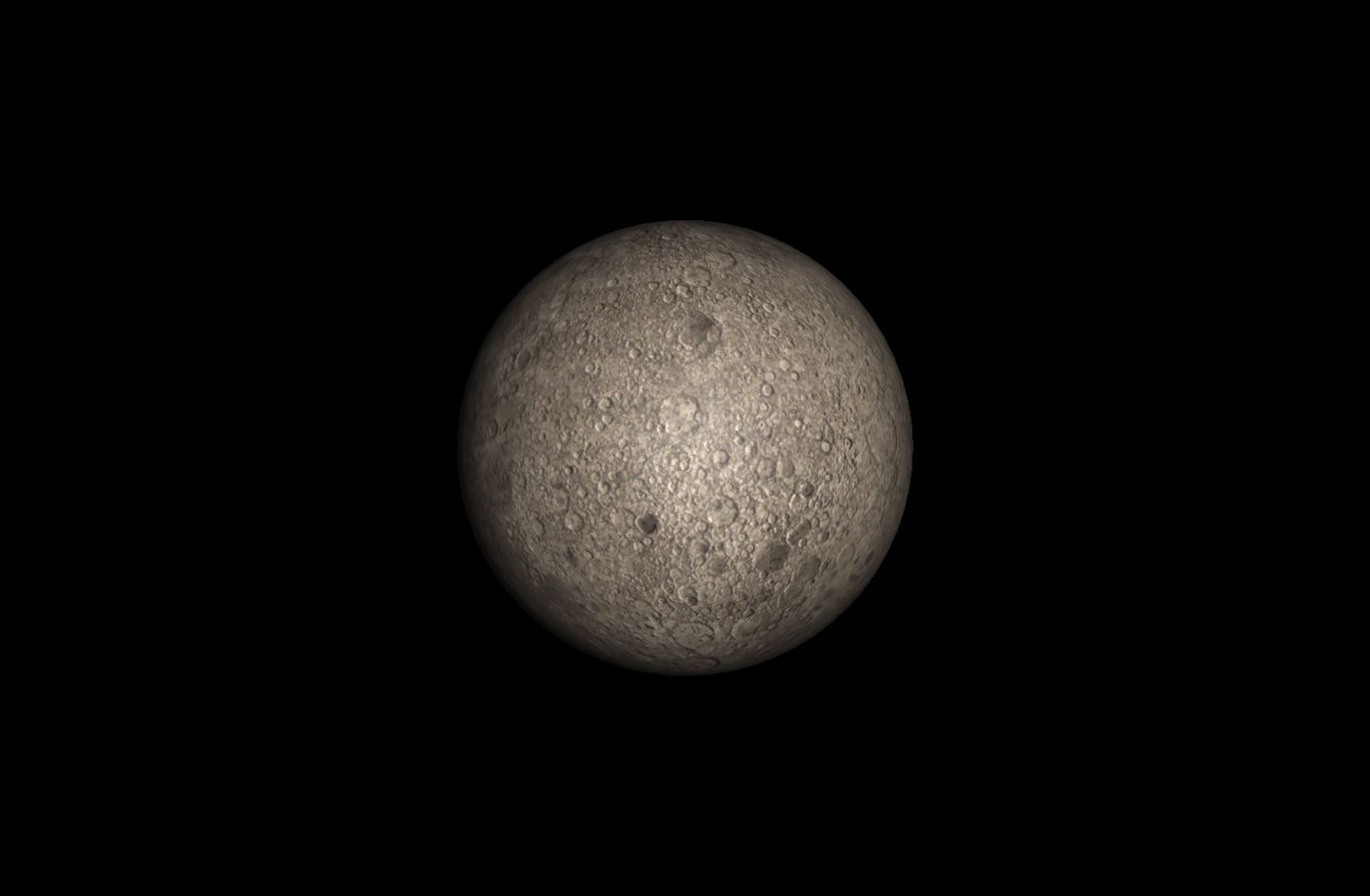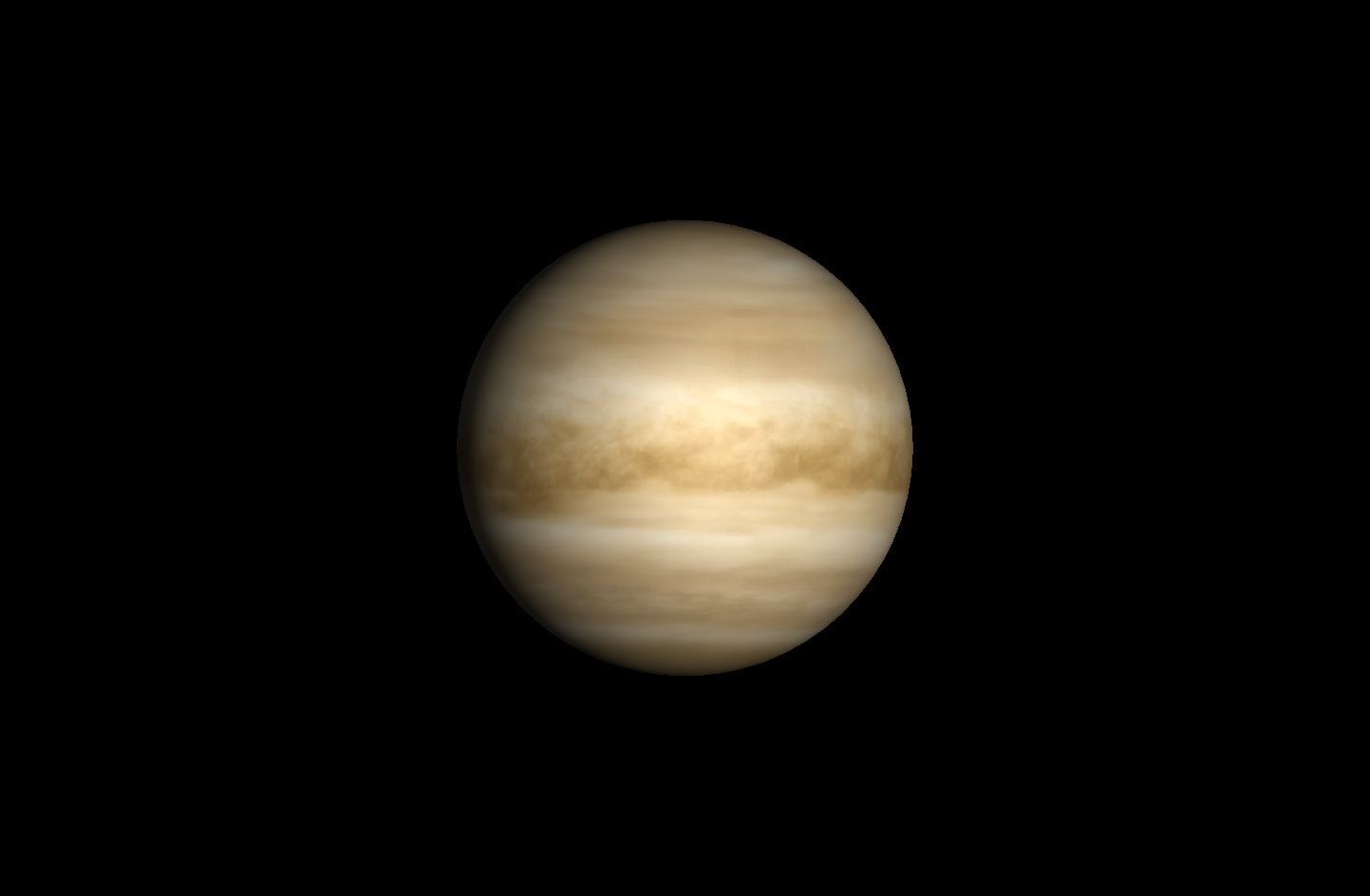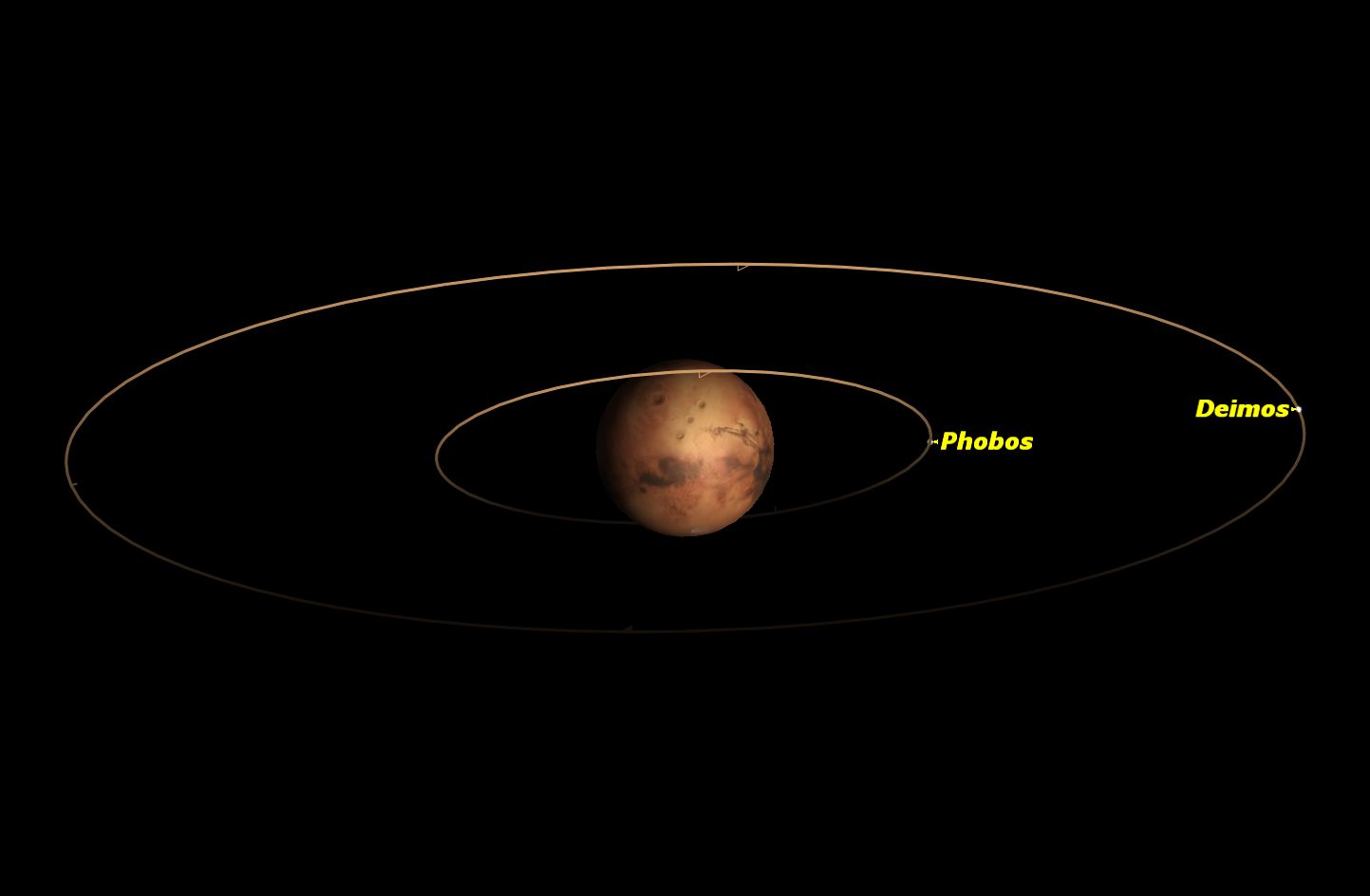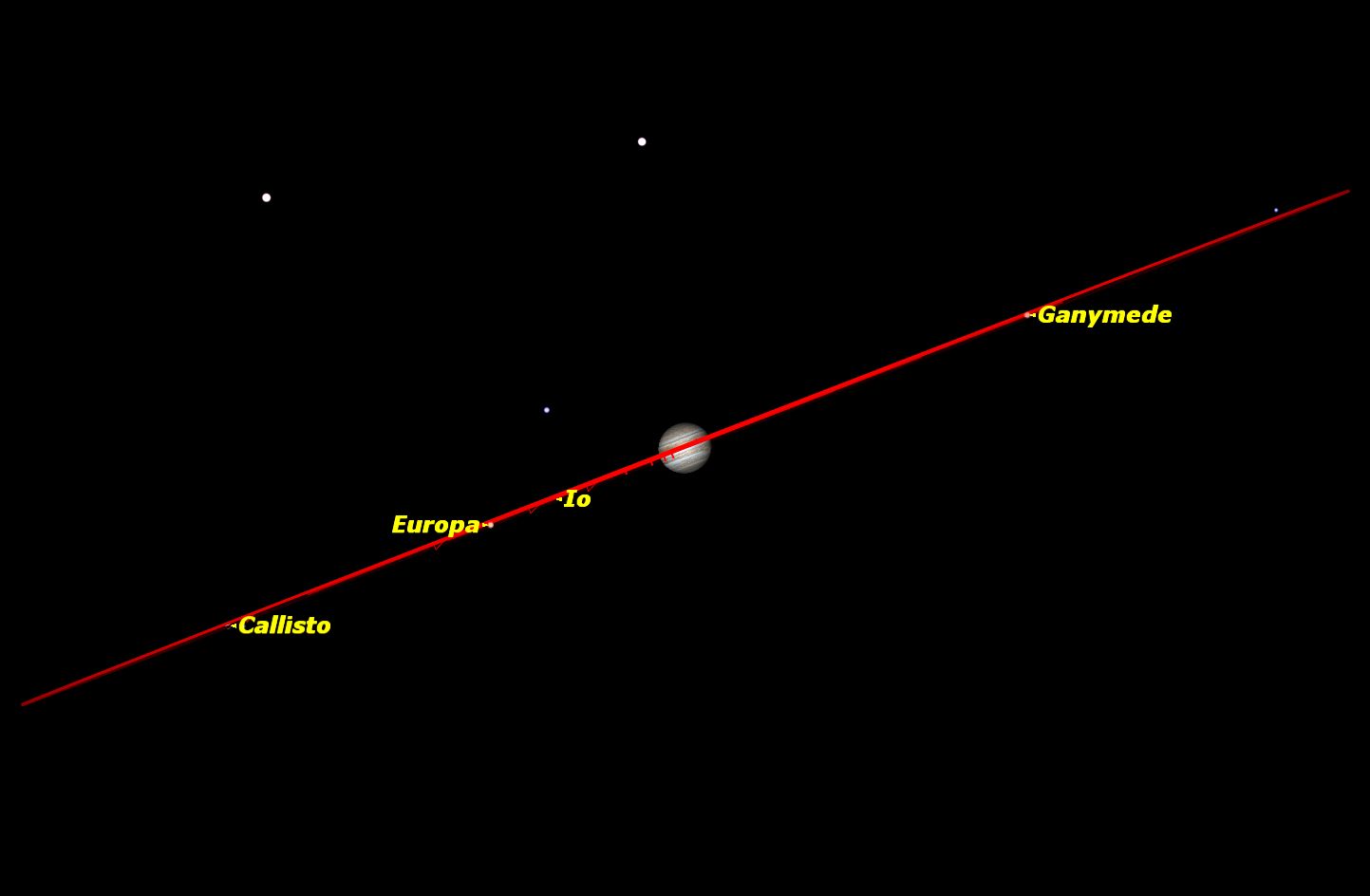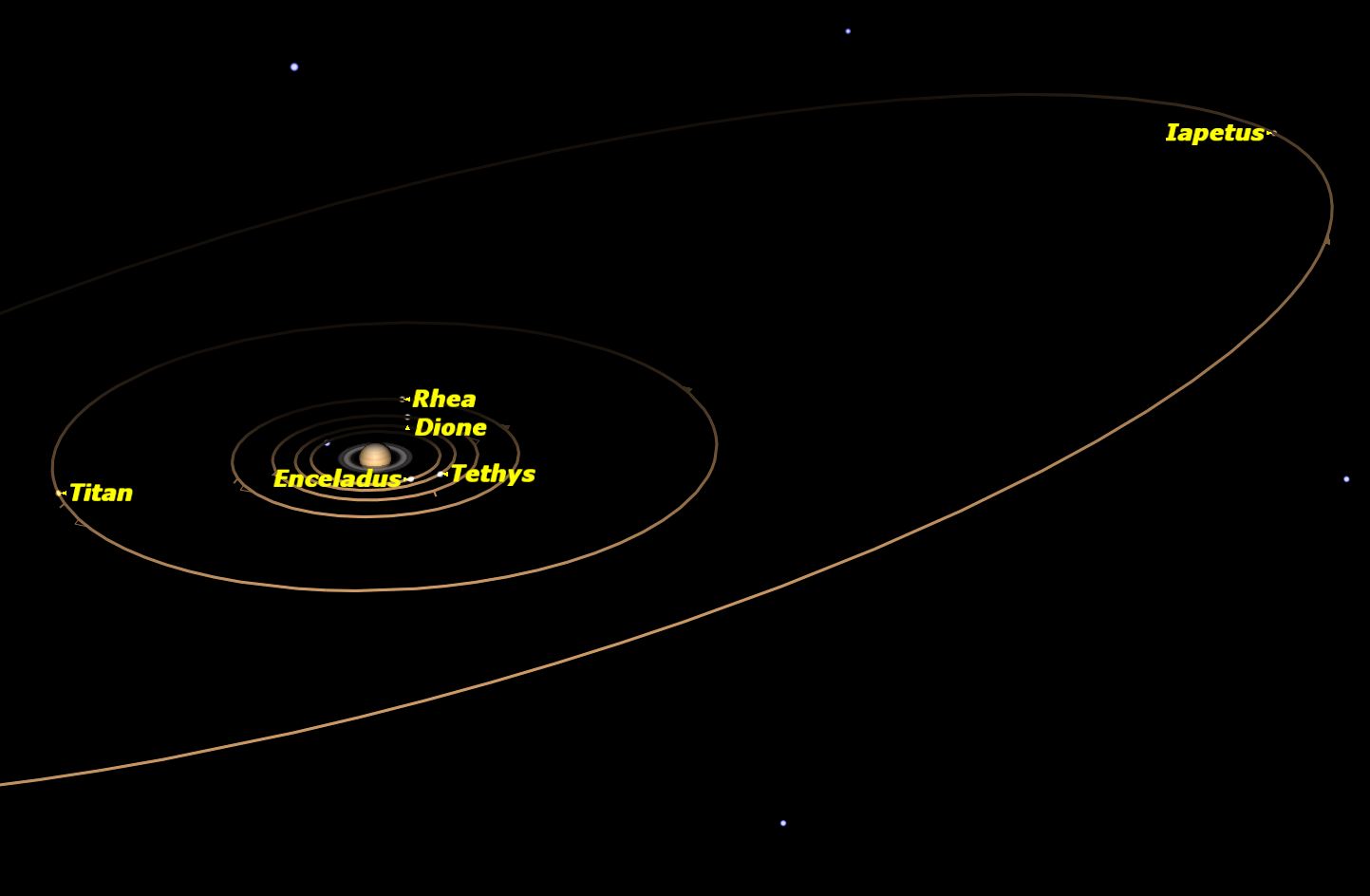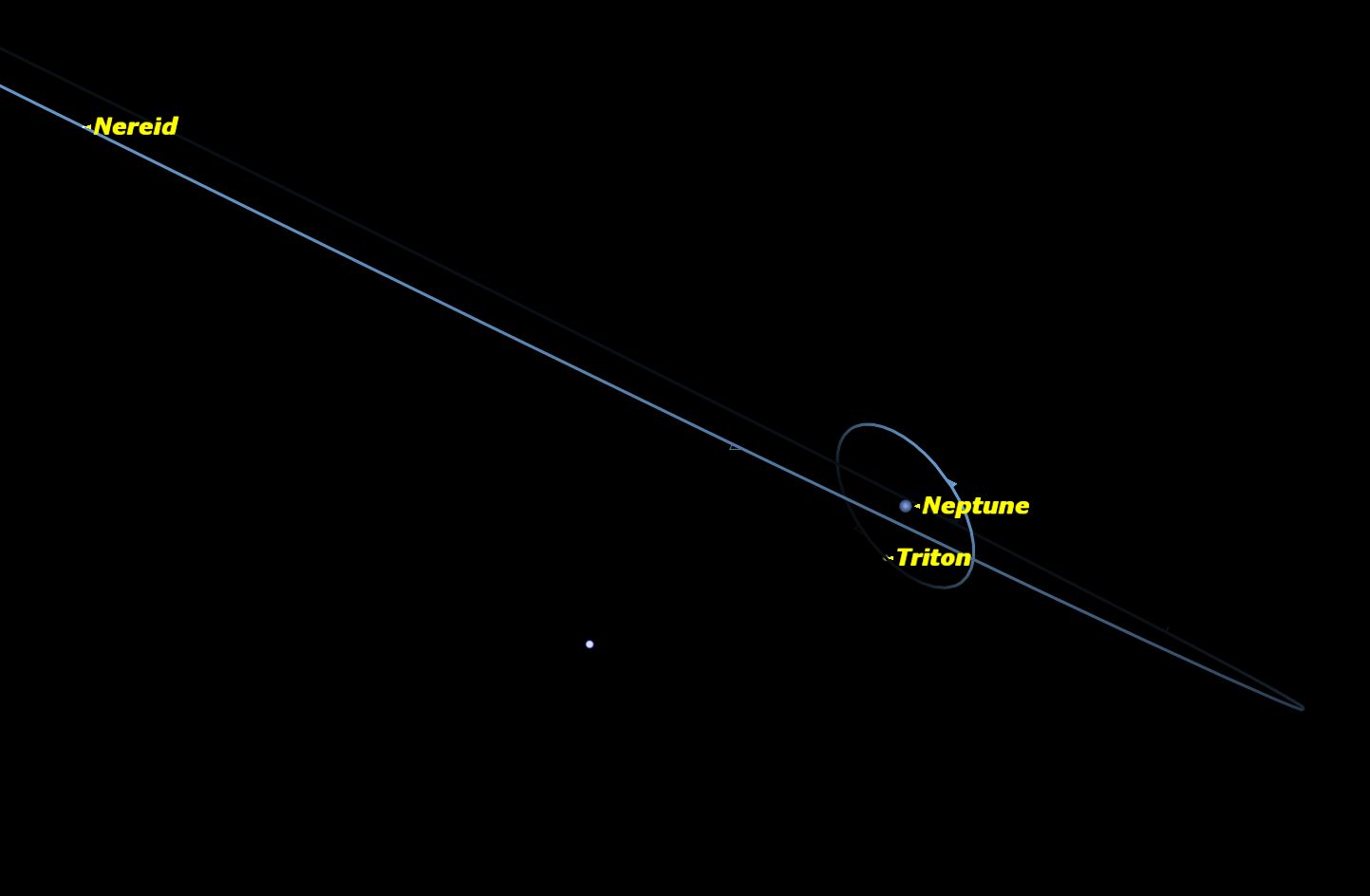Best Stargazing Events of December 2014 (Sky Map Gallery)
Uranus and the Moon, Dec, 28, 2014
Sunday, Dec. 28, midnight EST. The waxing gibbous moon again passes just north of the planet Uranus. Observers in northeastern Asia, Alaska, and northern Canada will see the moon occult Uranus, as in this view from Yellowknife, NWT, Canada.
Mercury, December 2014
Mercury is too close to the sun to observe all month.
Venus, December 2014
Venus reappears as an “evening star” in the southwestern sky just after sunset at the beginning of the month.
Mars, December 2014
Mars moves from Sagittarius into Capricornus on the 4th low in the southwestern sky, moving behind the sun. Mars is at its closest to the sun (perihelion) on the 12th, and spring is well advanced in its southern hemisphere.
Jupiter, December 2014
Jupiter now rises in mid-evening in the constellation Leo, and shines brightly in the southern sky the rest of the night. A two-month series of double shadow transits begins on Dec. 8.
Saturn, December 2014
Saturn reappears in as a “morning star” in Libra in the southeastern dawn sky.
Uranus, December 2014
Uranus is well placed in Pisces in the evening sky, setting after midnight. Two close approaches by the moon on the 1st and 28th will make it easy to spot.
Breaking space news, the latest updates on rocket launches, skywatching events and more!
Neptune, December 2014
Neptune is in the early evening sky in Aquarius, setting in late evening.
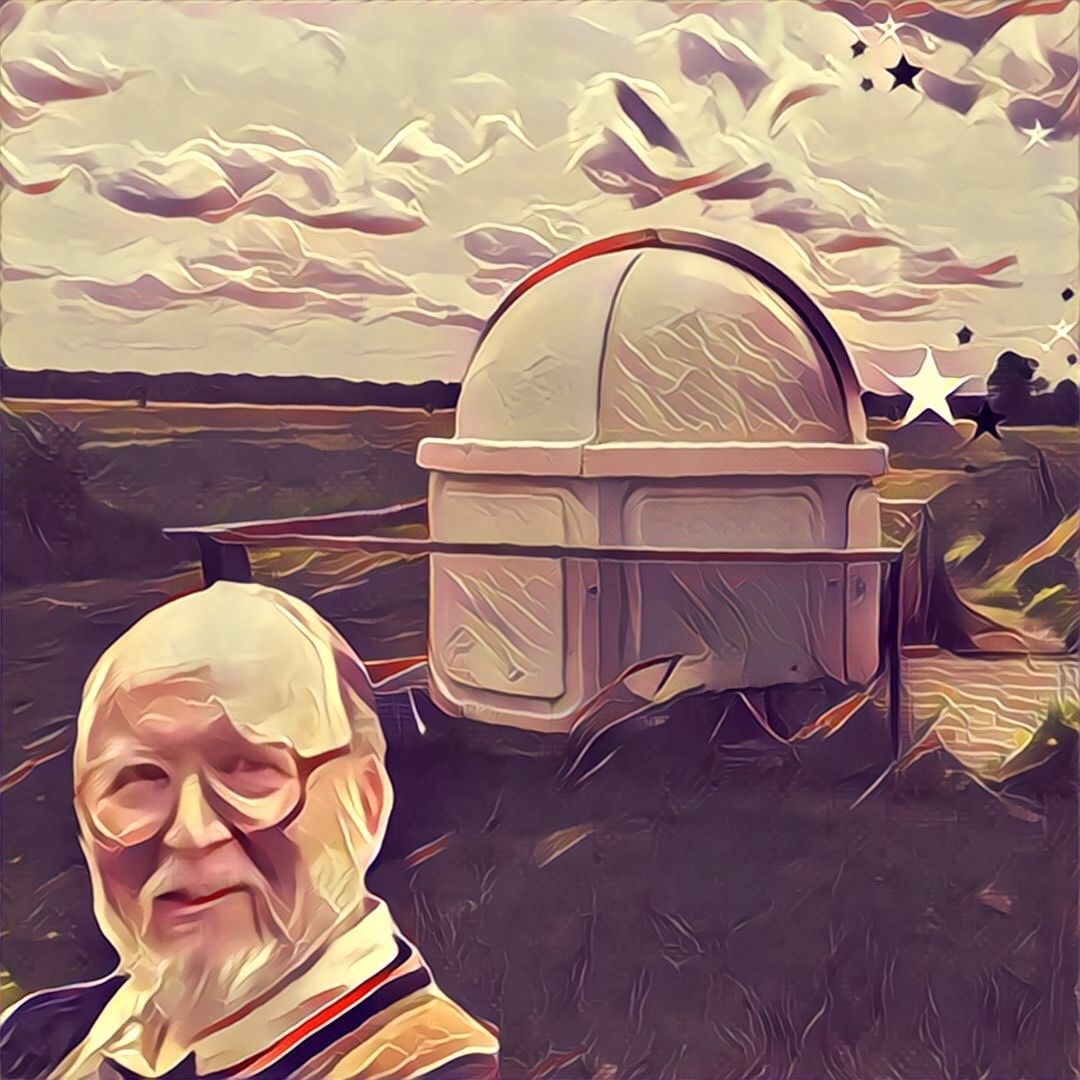
Geoff Gaherty was Space.com's Night Sky columnist and in partnership with Starry Night software and a dedicated amateur astronomer who sought to share the wonders of the night sky with the world. Based in Canada, Geoff studied mathematics and physics at McGill University and earned a Ph.D. in anthropology from the University of Toronto, all while pursuing a passion for the night sky and serving as an astronomy communicator. He credited a partial solar eclipse observed in 1946 (at age 5) and his 1957 sighting of the Comet Arend-Roland as a teenager for sparking his interest in amateur astronomy. In 2008, Geoff won the Chant Medal from the Royal Astronomical Society of Canada, an award given to a Canadian amateur astronomer in recognition of their lifetime achievements. Sadly, Geoff passed away July 7, 2016 due to complications from a kidney transplant, but his legacy continues at Starry Night.
